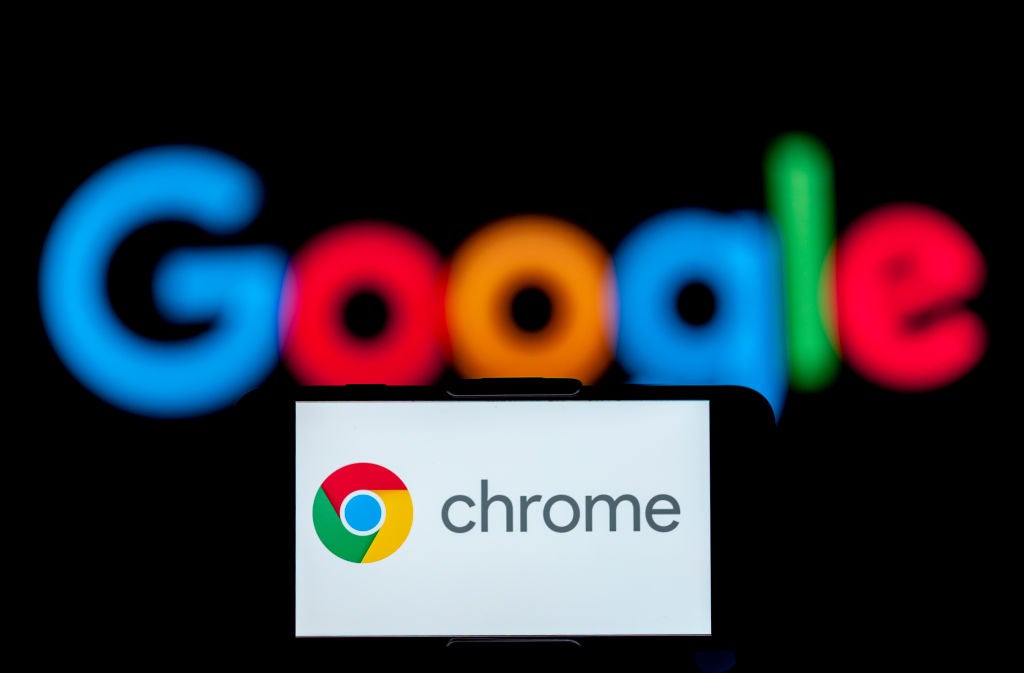
Google has announced it will be keeping third-party cookies in its Chrome browser, marking a backtrack after years of claiming it was going to phase them out.
The U-turn comes after advertisers have spoken out in favour of cookies, claiming that removing them would restrict their ability to collect information to target users with personalised advertisers.

Access deeper industry intelligence
Experience unmatched clarity with a single platform that combines unique data, AI, and human expertise.
Anthony Chavez, vice-president of Google-backed Privacy Sandbox, said in a blog post: “Instead of deprecating third-party cookies, we would introduce a new experience in Chrome that lets people make an informed choice that applies across their web browsing, and they would be able to adjust that choice at any time.”
The Privacy Sandbox is an initiative launched in 2019 by Google with the aim of supporting digital businesses while boosting online privacy. One of its key goals was to eventually remove thrid-party cookies.
The UK’s Competition and Markets Authority also raised concerns that Google’s plans to remove cookies could impede competition in digital advertising.
Chavez said Google was working alongside regulators, publishers and privacy groups on the new approach.

US Tariffs are shifting - will you react or anticipate?
Don’t let policy changes catch you off guard. Stay proactive with real-time data and expert analysis.
By GlobalDataRodney Perry, head of data & analytics UK at advertising agency Making Science, said Google’s decision levels the playing field “as both cookie-based and cookie-less solutions will have the opportunity to compete for user attention and drive performance.”
“Amid this U-turn, brands are advised to focus on leveraging first-party data, especially since other browsers have already eliminated third-party cookies,” he said.
Adding: “It will no doubt be interesting to see how this dual approach will evolve and which solutions will contribute to maintaining a thriving digital advertising ecosystem while addressing privacy concerns.’’







